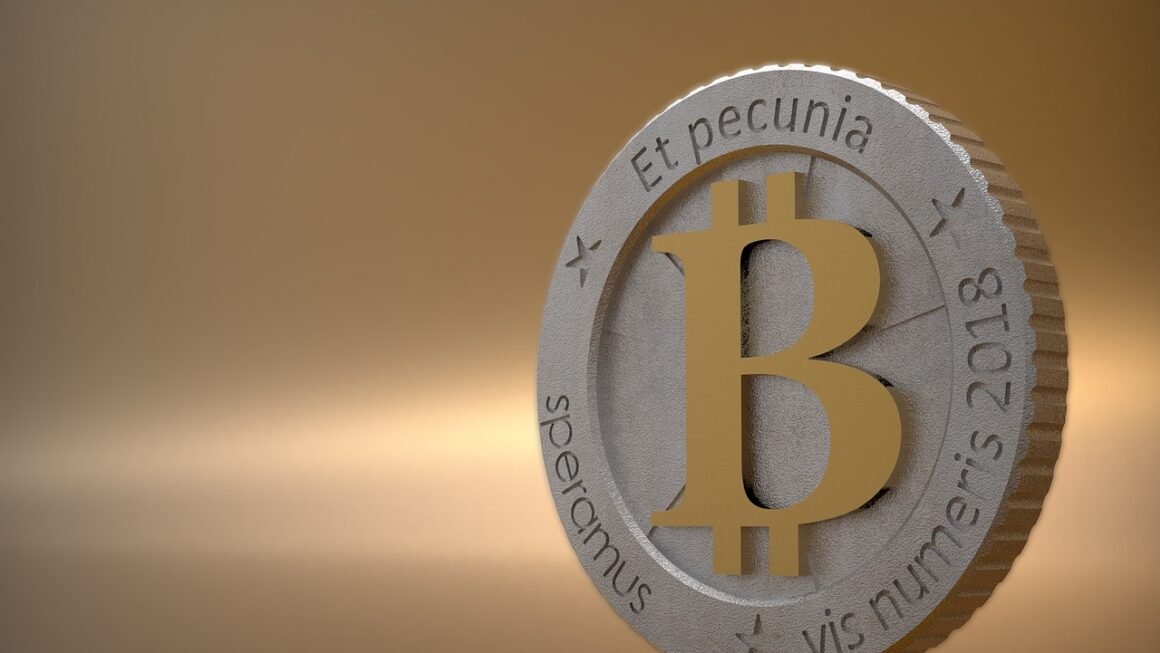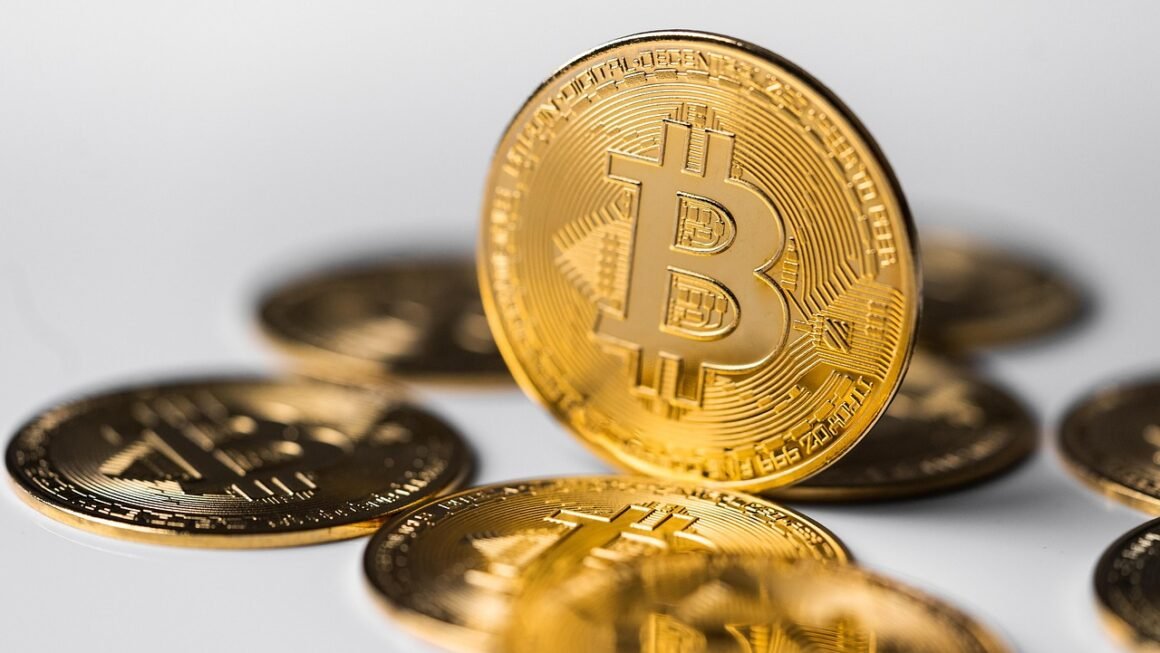Imagine a future where organizations are run not by CEOs or boards, but by transparent code and a community of token holders. This future is closer than you think, thanks to Decentralized Autonomous Organizations, or DAOs. DAOs are revolutionizing the way we think about governance, investment, and collaboration. This article delves into the core concepts of DAOs, their benefits, challenges, and potential impact on various industries.
What is a DAO?
Defining Decentralized Autonomous Organizations
A Decentralized Autonomous Organization (DAO) is an internet-native entity with membership represented by tokens. Its rules are encoded in smart contracts, and its operations are transparent and automated, running without traditional hierarchies. Decisions are made through proposals that members vote on. Think of it as a digitally-native cooperative, governed by code rather than a central authority.
Key Characteristics of a DAO
Several characteristics distinguish DAOs from traditional organizations:
- Decentralization: Power is distributed among token holders, eliminating centralized control.
- Autonomy: Smart contracts automate operations based on predefined rules.
- Transparency: All transactions and governance decisions are recorded on a public blockchain.
- Community-Driven: Decisions are made through collective voting by community members.
- Global Accessibility: Anyone with an internet connection can participate, regardless of location.
How DAOs Work: A Step-by-Step Overview
Here’s a simplified explanation of how a typical DAO operates:
- Smart Contract Creation: The rules and functionalities of the DAO are written into smart contracts and deployed on a blockchain.
- Funding & Token Distribution: The DAO raises capital by selling tokens to members, which gives them governance rights and possibly other utilities.
- Proposal Submission: Members can submit proposals for changes, projects, or other actions.
- Voting Process: Token holders vote on proposals, typically using their tokens to weigh their votes.
- Execution: If a proposal passes according to pre-defined rules (e.g., reaching a certain voting threshold), the smart contracts automatically execute the decision.
Benefits of Using a DAO
Enhanced Transparency and Trust
DAOs leverage the inherent transparency of blockchain technology to foster trust among participants. All transactions, voting records, and smart contract code are publicly available for anyone to audit. This transparency reduces the potential for corruption and mismanagement.
Improved Efficiency and Automation
By automating operations through smart contracts, DAOs can streamline processes and eliminate the need for intermediaries. This leads to increased efficiency and reduced operational costs. For example, a DAO managing a decentralized lending platform can automatically disburse loans and collect repayments according to pre-set rules.
Inclusive Governance and Participation
DAOs enable broader participation in decision-making processes. Anyone who holds the DAO’s token can contribute to governance and influence the direction of the organization. This fosters a sense of ownership and empowers community members.
Access to Global Talent and Resources
DAOs are not geographically bound. They can attract talent and resources from all over the world, creating a more diverse and innovative ecosystem. This global reach allows DAOs to tap into a wider pool of expertise and capital.
Reduced Bureaucracy
The automated nature of DAOs significantly reduces bureaucracy and red tape. Decisions can be made and executed quickly and efficiently, without the need for lengthy approval processes or hierarchical structures.
Challenges and Risks of DAOs
Security Vulnerabilities in Smart Contracts
Smart contracts are not immune to bugs and vulnerabilities. A flaw in the code could be exploited by malicious actors, potentially leading to the loss of funds or the disruption of the DAO’s operations. For example, the infamous “The DAO” hack in 2016 highlighted the risks associated with poorly written smart contracts.
Governance Challenges and “Whale” Influence
While DAOs aim for decentralized governance, the distribution of tokens can sometimes be skewed, giving significant voting power to a few large token holders (referred to as “whales”). This can lead to decisions being dominated by a small group, undermining the principles of decentralization.
Regulatory Uncertainty
The legal and regulatory landscape surrounding DAOs is still evolving. Many jurisdictions have not yet clearly defined the legal status of DAOs, creating uncertainty and potentially exposing DAO participants to legal risks. Navigating existing securities laws can also be complex.
Difficulty in Coordinating Complex Decisions
Making complex decisions in a decentralized manner can be challenging. It requires effective communication, coordination, and consensus-building among a large and diverse group of participants. This can be particularly difficult when dealing with controversial or highly technical issues.
Scalability Issues
Some blockchain networks have limited scalability, which can impact the performance of DAOs with a large number of members or frequent transactions. As DAOs grow in size and complexity, they may encounter scalability bottlenecks that hinder their operations.
Real-World Examples of DAOs
MakerDAO: Decentralized Stablecoin
MakerDAO is one of the most well-known and successful DAOs. It governs the Dai stablecoin, which is pegged to the US dollar and maintained through a system of collateralized debt positions (CDPs) and automated stability mechanisms. MKR token holders vote on parameters like stability fees and collateral types.
Compound: Algorithmic Money Market
Compound is a decentralized protocol for lending and borrowing cryptocurrencies. COMP token holders govern the protocol by proposing and voting on changes to interest rate models, supported assets, and other key parameters. Changes are automatically implemented through smart contract execution.
Uniswap: Decentralized Exchange
Uniswap is a popular decentralized exchange (DEX) that allows users to trade cryptocurrencies without intermediaries. UNI token holders govern the Uniswap protocol by voting on proposals related to protocol upgrades, fee structures, and other aspects of the exchange.
ConstitutionDAO: Crowdfunding for the Constitution
ConstitutionDAO was a viral example of a DAO formed to bid on a rare copy of the US Constitution at auction. Although they ultimately lost the bid, the DAO demonstrated the power of collective action and community organizing using decentralized tools. Over $40 million was raised in a very short amount of time.
Conclusion
DAOs represent a paradigm shift in organizational structure, offering transparency, efficiency, and community-driven governance. While challenges and risks exist, the potential benefits of DAOs are undeniable. As blockchain technology matures and the regulatory landscape becomes clearer, DAOs are poised to play an increasingly significant role in shaping the future of organizations and various industries. Understanding the principles and mechanisms behind DAOs is becoming essential for anyone interested in the future of work, finance, and governance.



